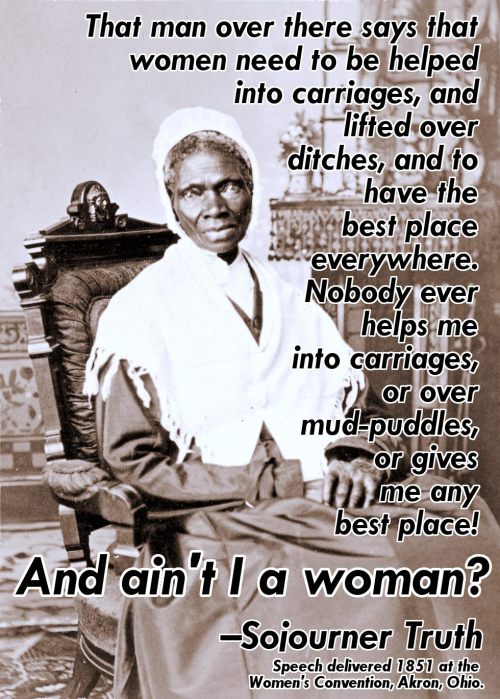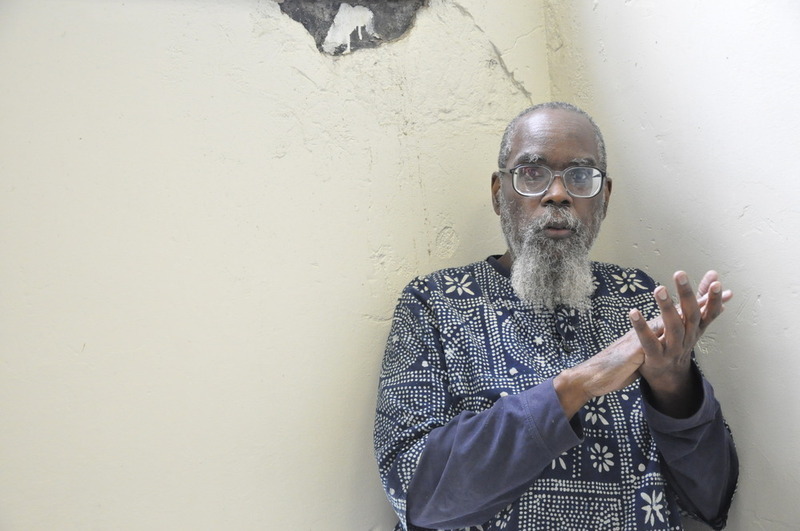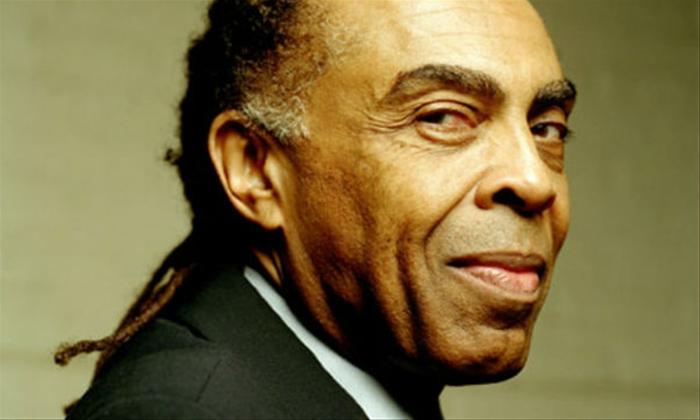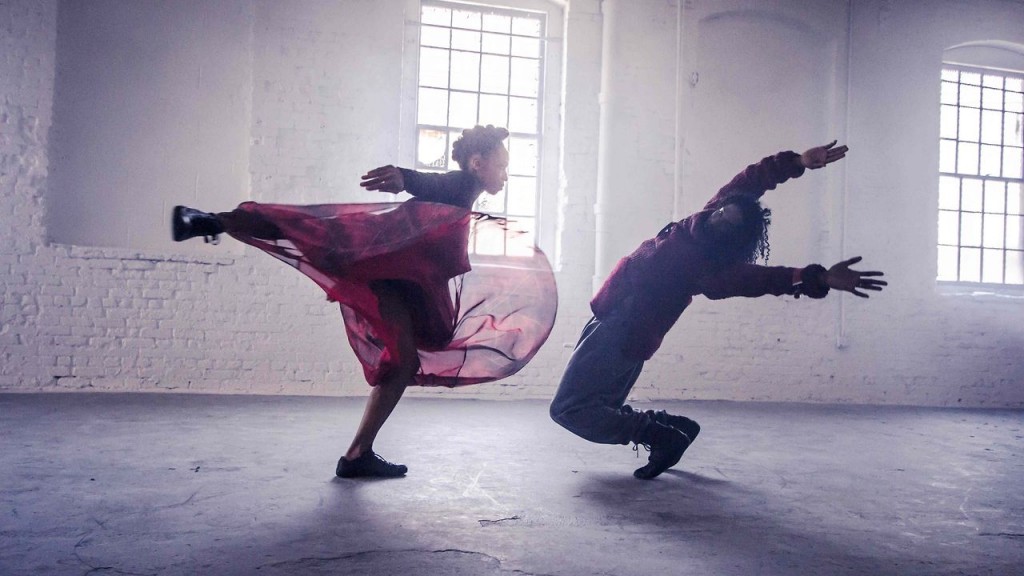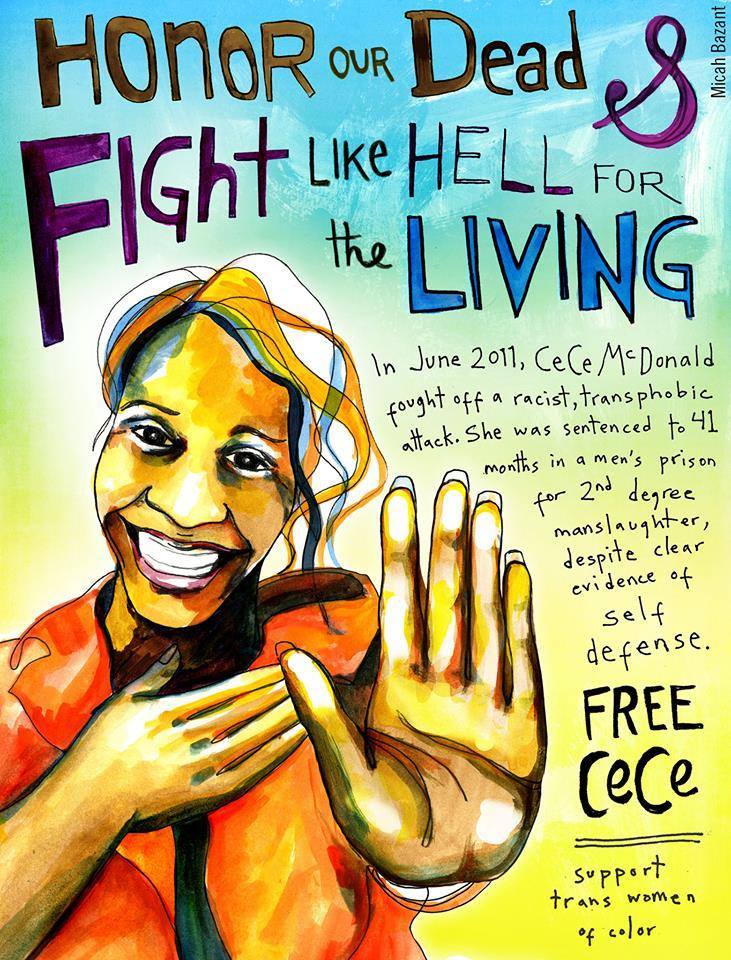
Nov. 23 2013
An African Princess Who
Stood Unafraid Among Nazis
Her autobiography is a one-of-a-kind perspective of an educated, empowered, world-traveling daughter of a royal family, which no one wanted to publish until now.

Between 1939 and 1946, Fatima Massaquoi penned one of the earliest known autobiographies by an African woman. But few outside of Liberian circles were aware of it until this week, when Palgrave McMillian published The Autobiography of an African Princess, edited by two historians and the author’s daughter.
The book follows Massaquoi, born the daughter of the King of Gallinas of Southern Sierra Leone in 1904, to Liberia, Nazi Germany and the segregated American South, where she wrote her memoirs while enrolled at Tennessee’s Fisk University.
She died in 1978, and her story could have died with her.
For the most part, it did. That is, until Konrad Tuchscherer, St. John’s University specialist in African history and language, stumbled upon it on microfilm while conducting research.
“I just thought it was the most amazing piece I had ever seen. I was very interested in the history of the Massaquoi family because they had such an important role in spreading the Vai script,” he told The Root.
Ultimately, his interest in the tale took on significance beyond the proliferation of that particular ancient West African written language. “It’s evidence that not only was there this thriving literary tradition among African people, but it was one that included women,” he says. “Fatima is a granddaughter of a queen, a literate and empowered woman.”
Determined to share the story, Tuchscherer hunted for contact information for Massaquoi’s only daughter, Vivian Seton, who lives in Maryland. “I told her, ‘I read your mother’s autobiography and I want to be part of having it to be published.’ “
Seton immediately agreed, insisting that her mother had predicted, on her deathbed, that one day “a man would call” and would want to publish her story. She joined Tuchscherer and Virginia State University historian Arthur Abraham, helping to coordinate a transcription and translation of the original text, and to find a publisher, which Tuchscher says was the most difficult part of the process.
“People were reluctant to take it on, because they wanted to rewrite it. Even academic publishers didn’t know the value of this story,” he says.
What emerged when the book was published this week was a one-of-a-kind tale of a life lived on three continents, chronicling everything from insider views of traditional life and societies in Africa, to intense racism in other parts of the world.
In the 252-page volume, Massaqoui attends boarding school, plays violin for royalty and presidents and even finds herself at Nazi rallies. (During this time, she writes that one classmate reassured her: “We are not against Negroes or our friendships towards them as such. How could we when we are striving to have our colonies back?”)
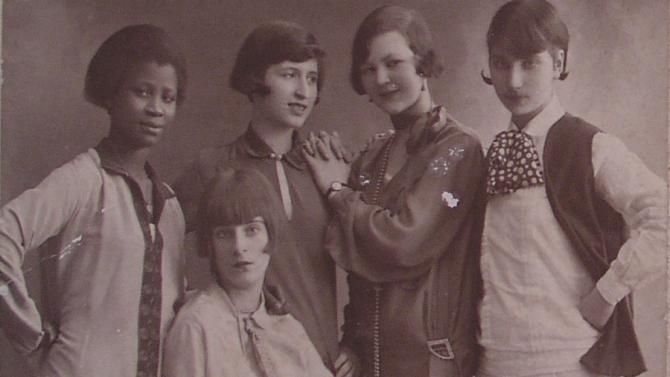
Left to Right: Fatima Massaquoi, Editha Buch, Anne Starke, Ellen Spelling, and Traute Wichman, Hamburg, Germany, ca. 1928. / COLLECTION OF VIVIAN SETON
In Hamburg, Germany, her family hosted Marcus Garvey and his lieutenants while they attempted to secure visas for Liberia. She recalls entertaining him with her poetry.
“She speaks for herself, and gives a voice to African women and to the incredible experiences she’s had. It defies some accepted ways of thinking,” says Tuchscherer.
At Fisk, Massaqoui assisted Lorenzo Turner with his famous research on African linguistic retentions among the Gullah of South Carolina and Georgia. Later, with the help of the great African-American tenor Roland Hayes, she pursued a Ph.D. at Boston University.
In doing so, this “African princess” developed a unique point of view on the black experience in America.
In her final chapter, Massaquoi, writing in 1946, reflects on her experience in the United States:
“This vast country has everything good and evil. It has sympathetic men and women, who can be as selfish as they can be kind. There is, in the words of Goethe, ‘much light,’ but also ‘much shade.’ But in spite of all this, freedom here is incomparable; no wonder then that the Negro can be lynched, and yet a Negro can stand and sing ‘My Country ’Tis of Thee.’ There is very much to learn from the United States, if we can scratch the varnish off the surface and take the woodwork that is solid and not rotten.”
The book is available here.
Jenée Desmond-Harris is The Root’s senior staff writer. Follow her on Twitter.
Like The Root on Facebook. Follow us on Twitter.


